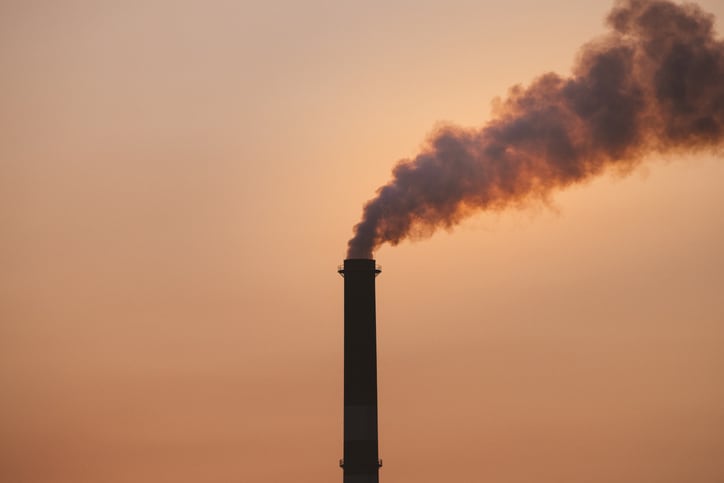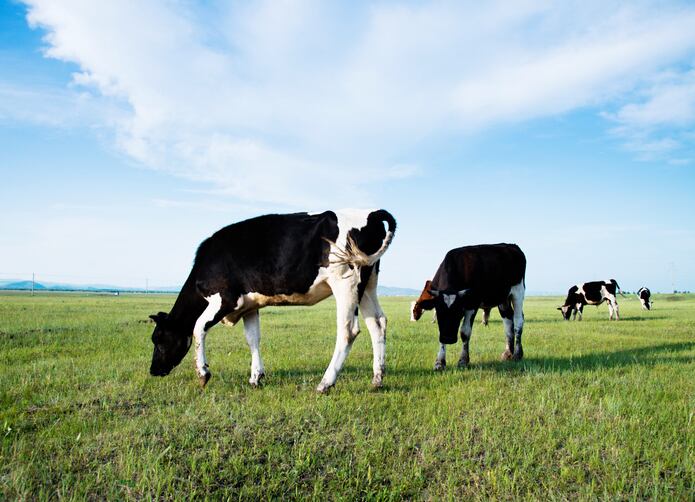As more comprehensive climate reporting rules go into effect worldwide, slow progress on addressing supply chain emissions is holding global food companies back from reducing the total emissions needed to transition their business to a low-carbon economy, new reveals research.
A report from US-based climate nonprofit Ceres investigated the climate-related information disclosed by 50 of the largest North American food companies.
It found that 60% of companies are making progress on scope 1 and scope 2 emissions. But slower progress on addressing scope 3 emissions is holding companies back from reducing total emissions. It added that companies with full scope emissions reduction targets are more likely to be reducing emissions.
Read the full report: Taking Stock: The State of Climate Action and Disclosure in the Food Sector
The supply chain is often cited as one area where companies have significant challenges in managing and reducing emissions. Several factors contribute to the slow progress in tackling supply chain emissions. Food supply chains are often large, global, and highly diverse, making it difficult to track and manage emissions across all stages. Scope 3 emissions are also beyond a company's direct control, making them more challenging to address.
The Ceres research said companies are beginning to clarify their emissions disclosures, but there is room for improvement to enhance comparability and the ability to assess progress over time.
"The new report serves as a lens into the current state of climate action in the food sector, and while some companies are making positive progress, too few are making significant reductions in their total emissions," said Meryl Richards, programme director, food and forests at Ceres.
"Since emissions reductions efforts may take time to bear fruit in this sector, it’s even more important for companies to publish climate transition action plans so that investors know they are poised to mitigate risks and seize opportunities in the transition to a lower-emissions economy.”
Ceres has identified scope 3 emissions as a critical area where the food sector needs to take more ambitious and urgent action. The analysis showed a clear connection between what companies disclosed as their supply chain emissions – the largest source of the sector’s emissions – and their total emissions. No company reported decreases in their overall emissions without their scope 3 emissions also dropping, and even large reductions by companies in scope 1 and 2 were not able to compensate for rising scope 3.
‘Monumental’ times for climate disclosure
The release of Ceres’ new report follows what it calls a monumental year for climate disclosure and increased climate action in the food sector, one of the highest-emitting sectors and responsible for one-third of global emissions.
In the US, landmark reporting regulations from the Securities and Exchange Commission and California were adopted last year, and global companies are preparing to disclose climate transition plans in line with the European Union’s Corporate Sustainability Reporting Directive, which went into effect a year ago.
What can major food companies do tackle total emissions?
Ceres’ report laid out noteworthy actions taken by major food companies to tackle emissions in the past year as examples others can follow to accelerate sector-wide progress.
ADM reported how the company broke down its emissions footprint to pinpoint purchased goods and services – its primary emissions driver – as where it needs to prioritize cutting emissions. McDonald’s and Hershey have set specific targets to reduce land-based GHG emissions validated by the Science-Based Targets Initiative. General Mills, Kraft Heinz, and Starbucks committed to disclose their methane emissions and plans to reduce supply chain agricultural emissions by becoming founding members of the Dairy Methane Action Alliance.
Comprehensive emissions disclosures are the best way for external stakeholders to keep track of the sector’s progress, the Ceres report said, but food companies need to go farther and urgently take concrete steps toward reaching their public targets.



